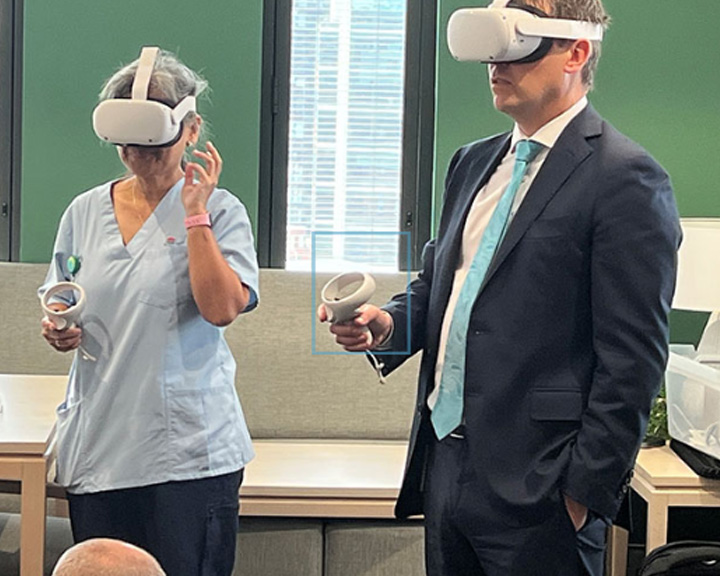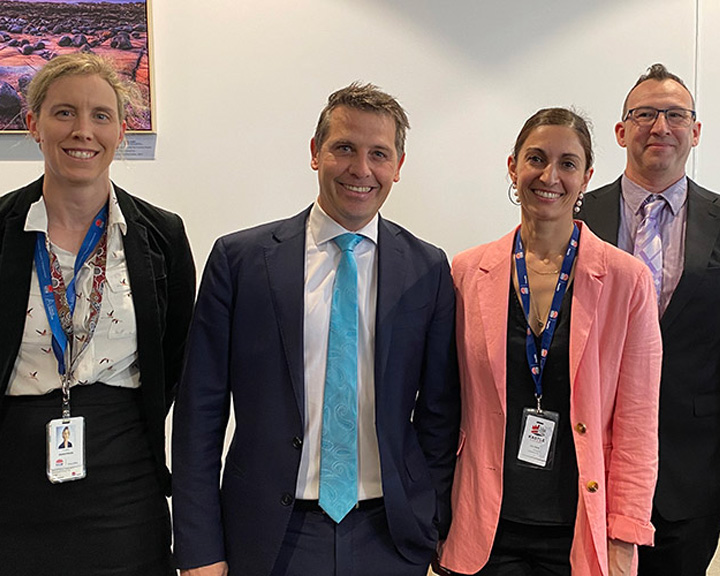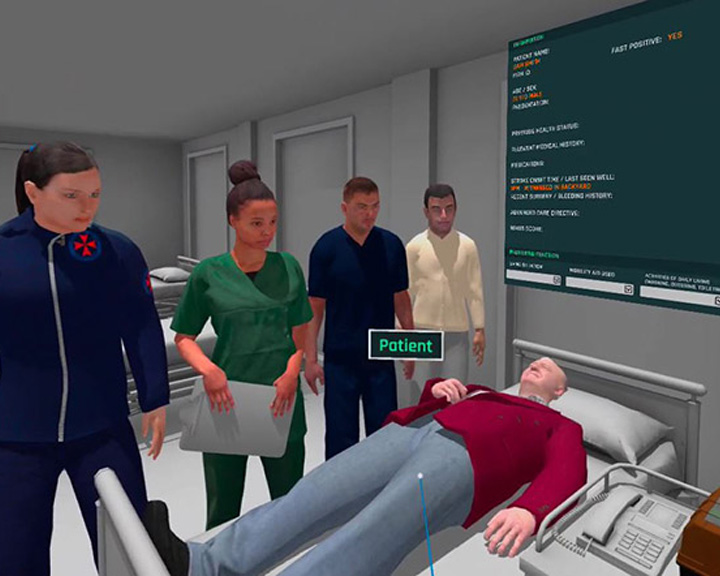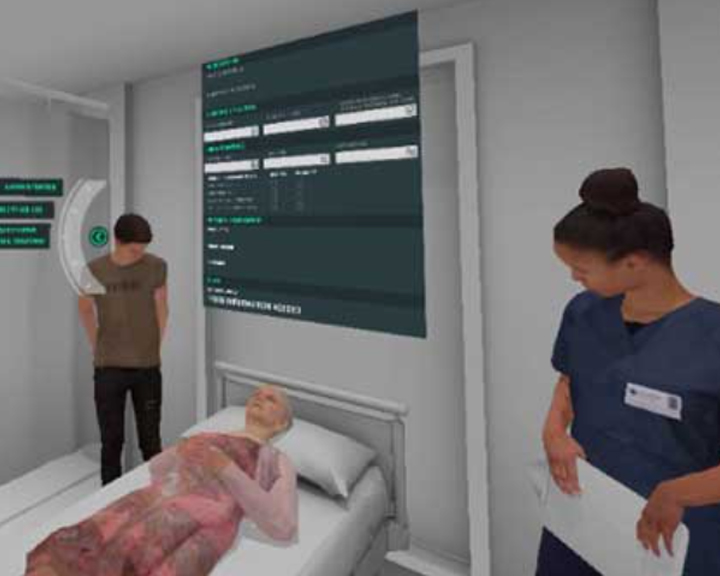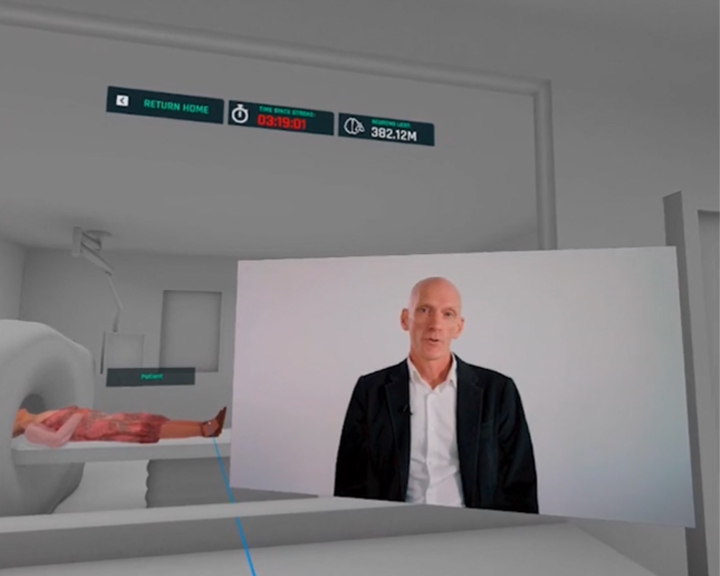Enhancing care through
digital enablement
We continue to support local health services to embed digital healthcare approaches that enhance experiences and outcomes for consumers and clinicians.
Supporting the uptake and use of virtual care
We are providing tools, training and resources to support health services provide virtual care alternatives to patients and carers.
- Improved access to information and resources through the Virtual Care Central site, which has reached 150,000+ site visits.
- 20 local initiatives have now been published in our Spotlight on: Virtual Care series to share learnings and inspire others to adopt and integrate virtual care.
- More than 3,000 people are now involved in our Virtual Care Network, providing opportunities for knowledge sharing, collaboration and networking.
- We continued to support health services and consumers to access and use myVirtualCare (myVC).
This year on myVirtualCare
consultations (making up over 450,000 since 2020)
new services established a myVC room (now totalling 1,054 services)
training modules provided to NSW Health staff (now totalling over 12,000)
Survey data from April 2022 to June 2023 captured feedback from more than 17,000 consumers about their experience with virtual care:
- 96% said virtual care was good or very good (3% improvement in ‘very good’ response).
- 89% said virtual care was better or the same as in-person (10% increase for ‘better’ response).
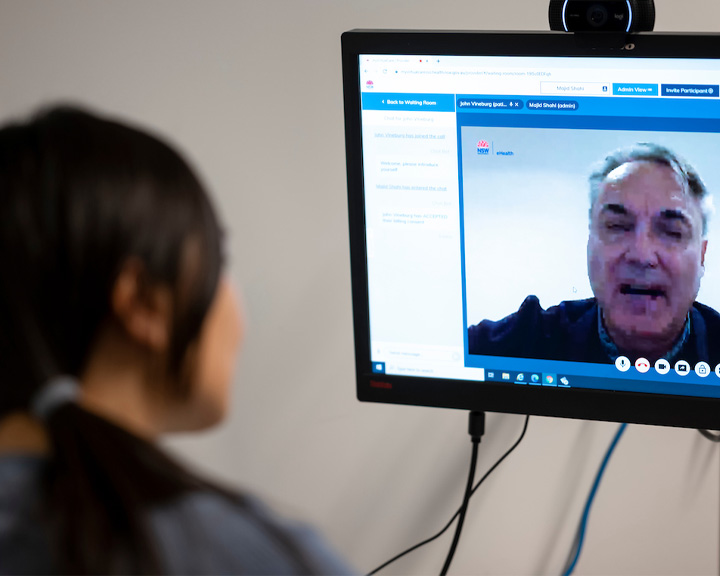
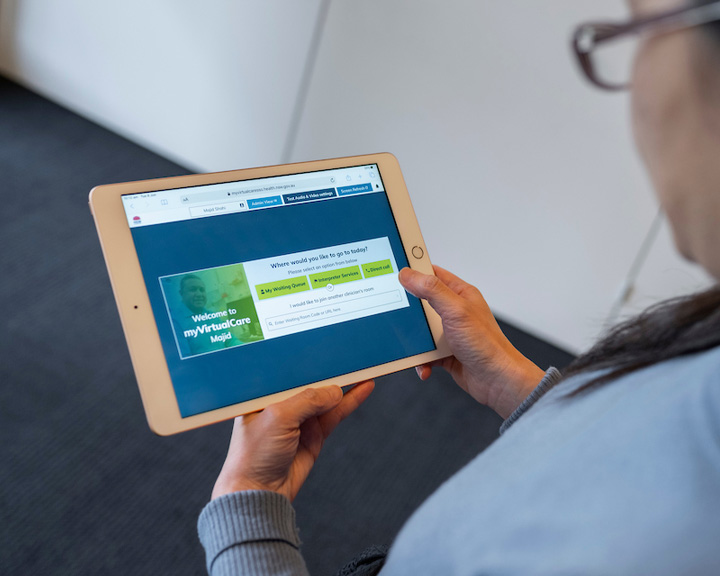
Virtual care is helping people during end of life and palliative care
We are working with key partners to support the use of virtual care modalities during end-of-life and palliative care.
- Facilitated workshops for 150+ clinicians on ‘how to have difficult conversations’ in a virtual environment.
- Almost all (17 of 18) local health districts and specialty health networks have adopted the myVC platform into their specialist palliative care services.
- Developed a range of resources and case studies, including videos, to explain the benefits of virtual palliative care for clinicians, patients and their carers.
- Translated the consumer information sheet about Attending your virtual palliative care appointment into 15 languages.
New ways to deliver training through virtual reality
A new virtual reality training program was launched in July, enabling emergency nurses across NSW to gain valuable experience in treating patients experiencing a time-critical stroke.
We are exploring how the same virtual reality platform can be used for staff training in other clinical fields.
Supporting quality improvement through automated data capture
We partnered with eHealth NSW to co-design the trauma prototype for a single state-level electronic clinical quality registry. This aimed to provide data that is close to real-time to identify areas of improvement for trauma care, and enabled automated data extraction to minimise the burden of manual data entry for staff.
